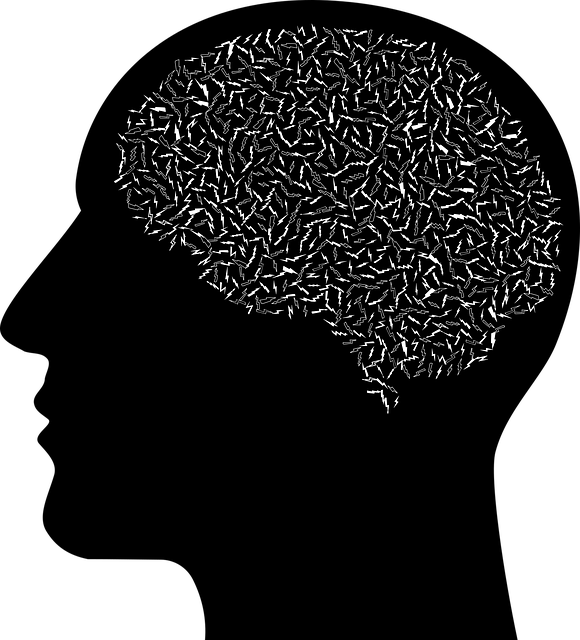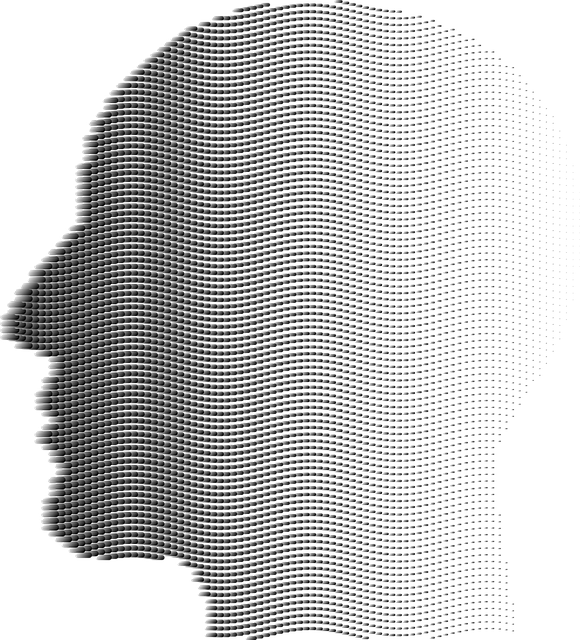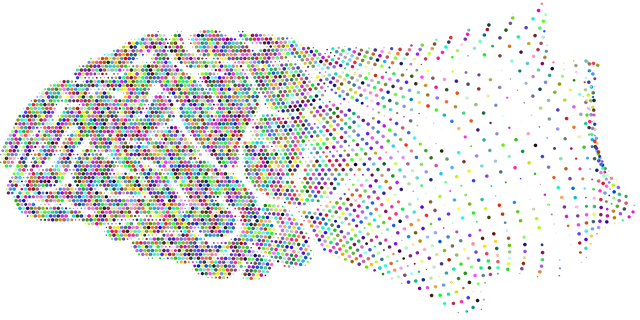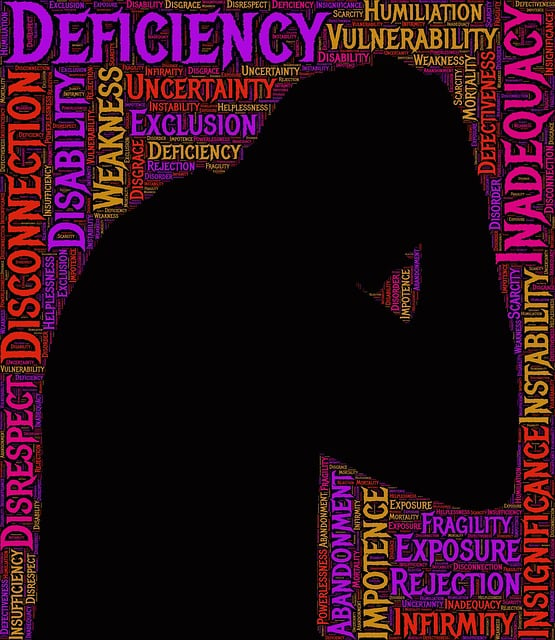Lone Tree Depression Therapy leverages digital platforms with interactive self-assessment tools to normalize conversations about mental wellness, reduce stigma, and encourage proactive help-seeking behaviors. These assessments, featuring confidential questionnaires on mood, anxiety, stress, and coping strategies, empower individuals to understand their unique challenges and strengths for tailored interventions. By incorporating stress reduction methods and empathy building strategies, these tools enhance therapeutic experiences. Online platforms expand access to mental wellness care, especially for remote or underserved communities, through structured programs like Mental Wellness Coaching that integrate mindfulness, flexibility, and confidentiality, fostering positive thinking and resilience.
Mental wellness self-assessment tools have emerged as vital resources, enabling individuals to gain insights into their psychological well-being. This article delves into the development and significance of such tools, with a specific focus on Lone Tree Depression Therapy. We explore how effective assessments facilitate personalized care, examining traditional methods and the growing integration of technology in mental health monitoring. By leveraging digital platforms, we discuss innovative approaches to combat issues like depression in remote areas, ensuring accessible and tailored therapy.
- Understanding Mental Wellness Self-Assessment Tools
- Developing Effective Assessment Tools for Individualized Care
- Integrating Technology: The Role of Digital Platforms in Lone Tree Depression Therapy
Understanding Mental Wellness Self-Assessment Tools

Mental Wellness self-assessment tools are designed to help individuals gain a deeper understanding of their emotional and psychological state. These tools offer a preliminary glimpse into potential mental health concerns, serving as valuable indicators for further professional evaluation. They often include a series of questions tailored to assess various aspects of mental wellness, such as mood, anxiety, stress levels, and coping mechanisms. By providing a safe and anonymous space for self-reflection, these assessments encourage individuals to explore their inner experiences without fear of judgment.
The development of such tools is crucial in the context of Lone Tree Depression Therapy, where reducing the stigma associated with mental illness plays a pivotal role. Through user-friendly self-assessment platforms, individuals can take proactive steps towards managing their mental health by identifying areas of concern and seeking appropriate support. Moreover, these tools contribute to broader Mental Illness Stigma Reduction Efforts by normalizing conversations about mental wellness and encouraging help-seeking behaviors. Stress Reduction Methods and Empathy Building Strategies often incorporated within these assessments further enhance the overall therapeutic experience.
Developing Effective Assessment Tools for Individualized Care

In the realm of mental wellness, personalized care is paramount to fostering positive outcomes. Developing effective self-assessment tools plays a crucial role in achieving this goal. These tools serve as gateways to individual understanding, enabling individuals to recognize their unique challenges and strengths. By integrating them into routine practice, especially within healthcare settings, professionals can facilitate more tailored interventions. For instance, assessing one’s emotional state, stress levels, and coping mechanisms through structured questionnaires can unveil underlying issues, be it symptoms of depression or signs of burnout. This early detection empowers both individuals and healthcare providers to take proactive measures, such as adopting positive thinking strategies or implementing burnout prevention techniques, like those found in Crisis Intervention Guidance.
At Lone Tree Depression Therapy, we recognize the importance of these tools in navigating complex mental health landscapes. By utilizing evidence-based assessment methods, our professionals ensure that each client receives care specifically tailored to their needs. This individualized approach not only enhances treatment effectiveness but also promotes better overall well-being, encouraging clients to embrace positive thinking and resilience as they overcome challenges.
Integrating Technology: The Role of Digital Platforms in Lone Tree Depression Therapy

In the realm of mental wellness self-assessment tools development, technology plays a pivotal role in enhancing access and effectiveness, especially for remote or underserved populations. Digital platforms offer a promising avenue for delivering Lone Tree Depression Therapy, a therapeutic approach tailored to individual needs. Online tools can provide structured programs like Mental Wellness Coaching Programs Development, incorporating mindfulness meditation practices and empathy building strategies to support users’ mental health journeys.
These digital solutions not only bridge geographical gaps but also foster flexibility and confidentiality, encouraging individuals to actively participate in their therapy. By integrating features such as interactive assessments, personalized recommendations, and virtual support groups, digital platforms can significantly contribute to the development of comprehensive self-assessment tools for Lone Tree Depression Therapy.
Mental wellness self-assessment tools have evolved significantly, especially with the integration of technology like digital platforms for Lone Tree Depression Therapy. These tools offer individualized care by providing personalized insights and recommendations. As we move forward, continuous development and research are crucial to ensure these assessments remain effective and accessible, thereby enhancing mental health support across diverse communities.












